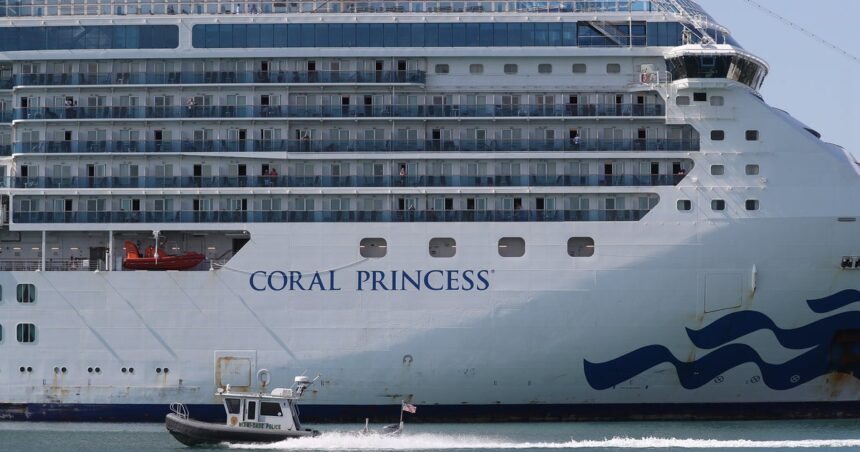The Centers for Disease Control and Prevention’s Vessel Sanitation Program (VSP) is facing significant challenges after a federal team responsible for preventing, investigating, and responding to public health illnesses on cruise ships was drastically cut due to budgetary constraints by the Department of Health and Human Services.
According to reports, all full-time employees in the VSP have been laid off, leaving only 12 U.S. Public Health Service officers to handle current and future ship inspections. This reduction in staff comes at a time when the VSP plays a crucial role in ensuring that cruise ships adhere to public health standards. With every vessel with a foreign itinerary carrying 13 or more passengers subject to random inspections at least twice a year, the VSP plays a vital role in maintaining the safety and well-being of passengers and crew members.
Despite the layoffs, the VSP continues to monitor and assist with gastrointestinal outbreaks, track and report illnesses, and respond to public health emergencies on cruise ships. The team is now primarily staffed by the Commissioned Corps of the U.S. Public Health Service, who were not affected by the reduction in force.
The VSP conducts inspections, reviews ship design and construction plans, investigates and responds to outbreaks, trains cruise ship personnel on public health practices, and collects evidence to support environmental public health practices on cruise ships. These responsibilities are critical in ensuring the health and safety of individuals on board cruise ships.
The budget cuts, announced by HHS Secretary Robert F. Kennedy Jr., are part of President Donald Trump’s efforts to reduce government spending. While approximately 10,000 full-time employees within the department were initially laid off to save taxpayers $1.8 billion per year, there have been partial reversals in decisions, with the rehiring of some workers who were deemed essential.
It is imperative that the VSP receives the necessary support and resources to continue its crucial work in safeguarding public health on cruise ships. The recent layoffs highlight the importance of adequately funding and staffing programs that play a vital role in protecting the health and well-being of individuals on board these vessels.








